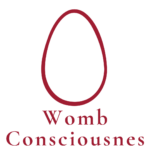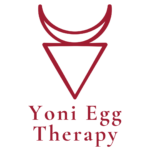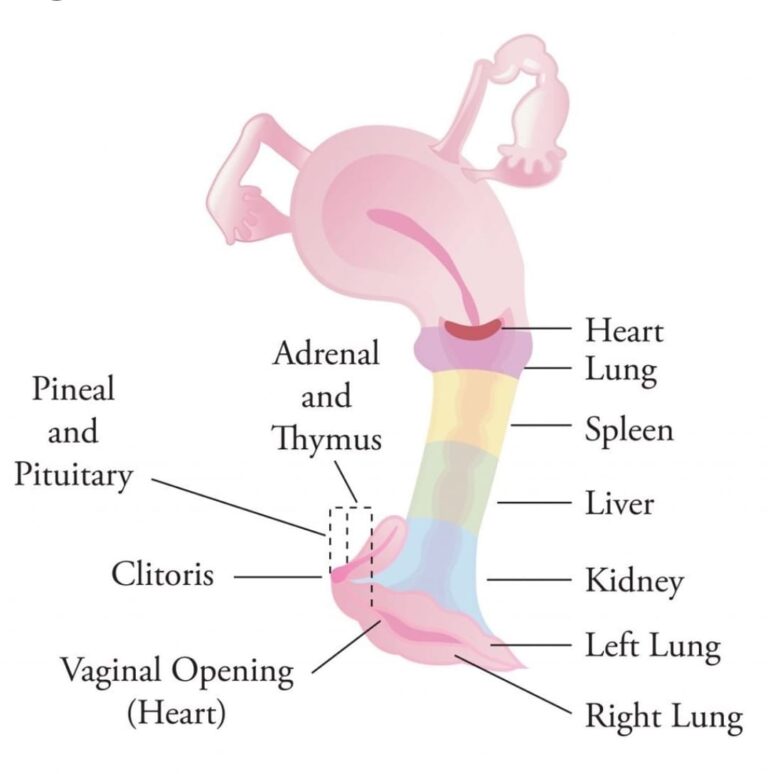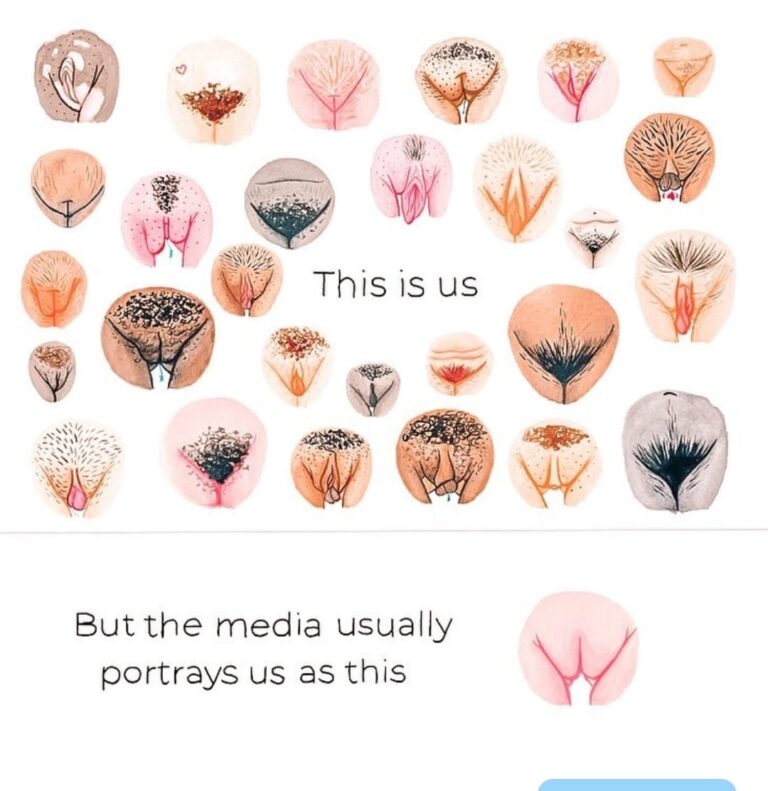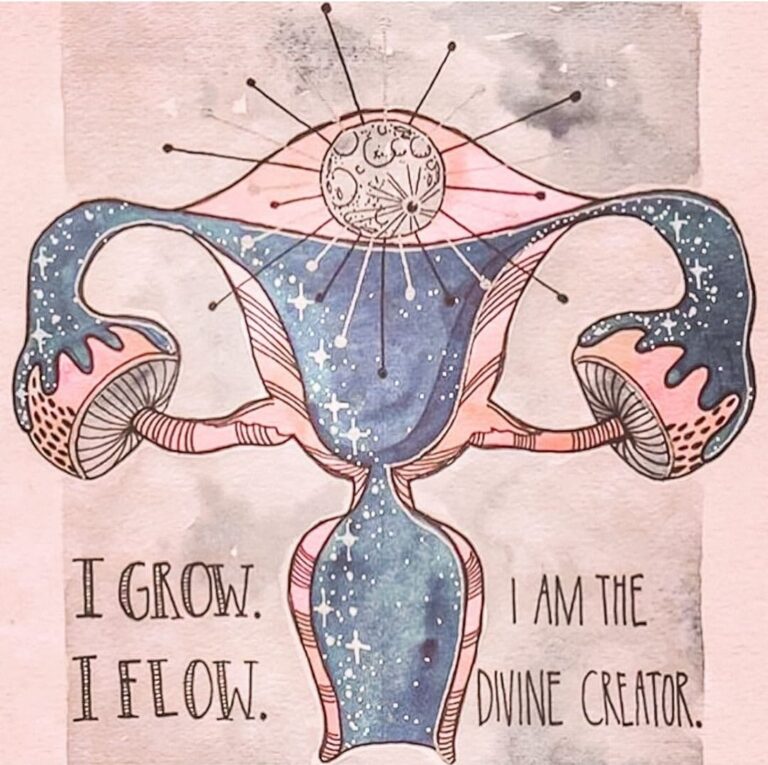Vaginismus is a condition characterized by involuntary contractions or spasms of the muscles around the vagina, which can make penetration painful or impossible. This can occur during sexual intercourse, tampon insertion, or even medical examinations. The causes can be psychological, physical, or a combination of both.
Causes of Vaginismus
1. Psychological Factors:
- Anxiety or Fear of Pain: Fear of penetration or negative experiences related to sex can trigger a defensive reaction in the body.
- Trauma: A history of sexual abuse, trauma, or painful past experiences may contribute to vaginismus.
- Cultural or Religious Beliefs: In some cases, strict beliefs surrounding sex can lead to shame or fear, which manifests as physical tension.
- Relationship Issues: Stress or anxiety related to one’s partner or relationship dynamics.
2. Physical Causes:
- Chronic Pelvic Pain Conditions: Conditions like endometriosis or pelvic inflammatory disease can contribute to pain and cause muscle tension.
- Infections: UTIs or vaginal infections may cause pain, leading to anticipatory anxiety.
- Hormonal Changes: Menopause, childbirth, or other hormonal changes may contribute to dryness or discomfort during penetration.
- Previous Surgery or Medical Procedures: Scar tissue or injury from surgeries can cause tension or discomfort.
Somatic Sexologist Approach
A somatic sexologist approaches vaginismus by focusing on the connection between the body (soma) and emotions, aiming to release stored tension, trauma, and unconscious patterns in the body. They often use body-based therapeutic techniques and sex-positive practices to help individuals with vaginismus become more aware of their bodies and release muscle tension. Here’s what a somatic sexologist might recommend for treating vaginismus:
Treatment Approaches Involving Tantra, Yoni Egg, and Yoni Mapping
Tantra Massage Treatment
- Tantric Bodywork: Tantra massage focuses on sexual healing, promoting relaxation, and enhancing body awareness. It helps to release stored tension and emotional blocks related to sexual energy.
- Deep Breathing and Relaxation: Tantra practices often include deep breathing exercises that help regulate the nervous system, reducing the involuntary muscle contractions associated with vaginismus.
- Focus on Non-Penetrative Touch: Tantric massage emphasizes full-body relaxation and does not immediately focus on genital stimulation. This creates a safe and comfortable space, encouraging the woman to relax and feel more in control of her body.
- Yoni Massage: Can be a beneficial therapeutic approach for women experiencing vaginismus, as it helps to relax the pelvic floor muscles, release emotional tension, and promote a sense of safety and reconnection with the body. Yoni massage focuses on the entire genital area, helping individuals to gently explore their body, desensitize areas of pain or discomfort, and work through physical and emotional blocks that may be contributing to vaginismus.
How Yoni Massage Can Help with Vaginismus:
1. Releases Pelvic Tension:
Vaginismus often involves involuntary tightening of the pelvic floor muscles. Yoni massage uses gentle touch and pressure to release tension in these muscles, encouraging them to relax over time.
2. Increases Body Awareness:
Many women with vaginismus may have a limited or negative relationship with their own genital area due to pain or fear. Yoni massage helps foster a deeper, more positive connection to the body, allowing women to become more comfortable and aware of their sensations.
3. Emotional Release:
Yoni massage can facilitate the release of emotional trauma or suppressed emotions that may be stored in the pelvic area. By working gently with the body, it helps individuals process and let go of emotions that may be contributing to the tightening and fear response.
4. Gradual Desensitization:
Through the slow, mindful touch of the yoni (vagina), individuals can gradually desensitize areas of discomfort or pain. Over time, this helps reduce the fear associated with penetration and promotes relaxation.
5. Non-Sexual Exploration:
Yoni massage is not about sexual pleasure but rather healing and reconnecting with the body. By focusing on non-sexual touch, women can begin to reclaim their body in a safe, nurturing way, without the pressure of performance or penetration.
Yoni Egg Treatment
- Pelvic Floor Strengthening: Yoni eggs (small, smooth stones, often made of jade or quartz) are inserted into the vagina to help tone and strengthen the pelvic floor muscles. Regular practice can help a woman become more aware of her vaginal muscles and control them better.
- Gradual Exposure: Yoni eggs allow for a gentle and gradual reintroduction of vaginal penetration in a non-threatening way. This can reduce anxiety related to penetration and increase body awareness.
- Healing Crystals: Many yoni egg users believe that the material of the egg (such as jade) has energetic properties that support emotional healing, helping to address psychological causes of vaginismus.
Yoni Mapping Treatment
- Exploration and Sensitivity Training: Yoni mapping is a therapeutic practice where the external and internal parts of the vulva and vagina are gently touched to explore areas of tension, numbness, or pain. This helps increase sensitivity, re-establish positive sensations, and release tension.
- Healing from Trauma: For women who have experienced trauma, yoni mapping offers a safe and therapeutic way to reconnect with the body, reclaim sexual autonomy, and release past emotional blocks stored in the pelvic region.
- Personal Empowerment: By becoming familiar with the anatomy and sensations of the yoni (vagina), women can gain a deeper understanding of their bodies, leading to greater control over their sexual experiences.
Sex Therapists Treatments
Sex therapists typically take a comprehensive and holistic approach to treating vaginismus, focusing on both the psychological and physical aspects of the condition. The main goals of treatment are to reduce fear, anxiety, and pain related to penetration, while also helping the patient regain control over the involuntary muscle spasms. Here are some common recommendations that a sex therapist might suggest for treating vaginismus:
Partner Support and Communication
- Couples Therapy: If you have a partner, May could involve them in sessions, helping both of you develop better communication skills and build emotional intimacy. She might teach your partner how to engage in non-sexual, supportive touch that helps create a safe and loving environment.
- Sensate Focus Exercises: May could guide both you and your partner through sensate focus exercises, which encourage non-penetrative touch to help reduce pressure and anxiety around sex, slowly building up to more intimate contact when you’re ready.
Holistic Guidance and Personalized Healing Plans
- Personalized Treatment Plan: As a professional, me May Gonzalez could assess your unique situation and create a personalized treatment plan that incorporates a blend of Tantra, mindfulness, and emotional healing. My holistic approach would likely integrate different aspects of healing (physical, emotional, and spiritual) to address vaginismus from all angles.
- Emotional and Physical Empowerment: My approach could also empower you to take control of your healing process. By creating a supportive, open space, she can guide you towards emotional release and body autonomy.
How Can I Assist You?
- Providing safe and non-invasive techniques like yoni massage, tantra massage, yoni egg therapy, Yoni Mapping or breathwork to release tension.
- Helping you reconnect with your body in a gradual, mindful way, free from fear and pressure.
- Guiding you through emotional healing and releasing trauma from the body that may be contributing to the condition.
- Supporting you with exercises that empower you to take control of your pelvic health and sexual well-being.
Conclusion:
Living a better life with vaginismus means taking a holistic, compassionate approach to healing. By combining professional support, body awareness practices, emotional healing, and partner communication, individuals can reduce physical symptoms, release emotional blocks, and regain control over their sexual and emotional well-being. The journey may be gradual, but with the right tools and mindset, life with vaginismus can improve, leading to deeper connection, pleasure, and personal empowerment.

When combined, somatic sexology and womb medicine create a holistic approach to sexual and reproductive health, often empowering individuals to reclaim their bodies, heal from trauma, and foster a deeper connection with their own sexuality and creative life force. This integrative practice can be particularly beneficial for those dealing with issues like sexual dysfunction, menstrual irregularities, fertility challenges, or trauma related to childbirth, sexual abuse or abortion.
Self-knowledge is a chain of information about ourselves, and as we delve deeper into ourselves, we expand the way we connect with our source of inspiration and vitality.
